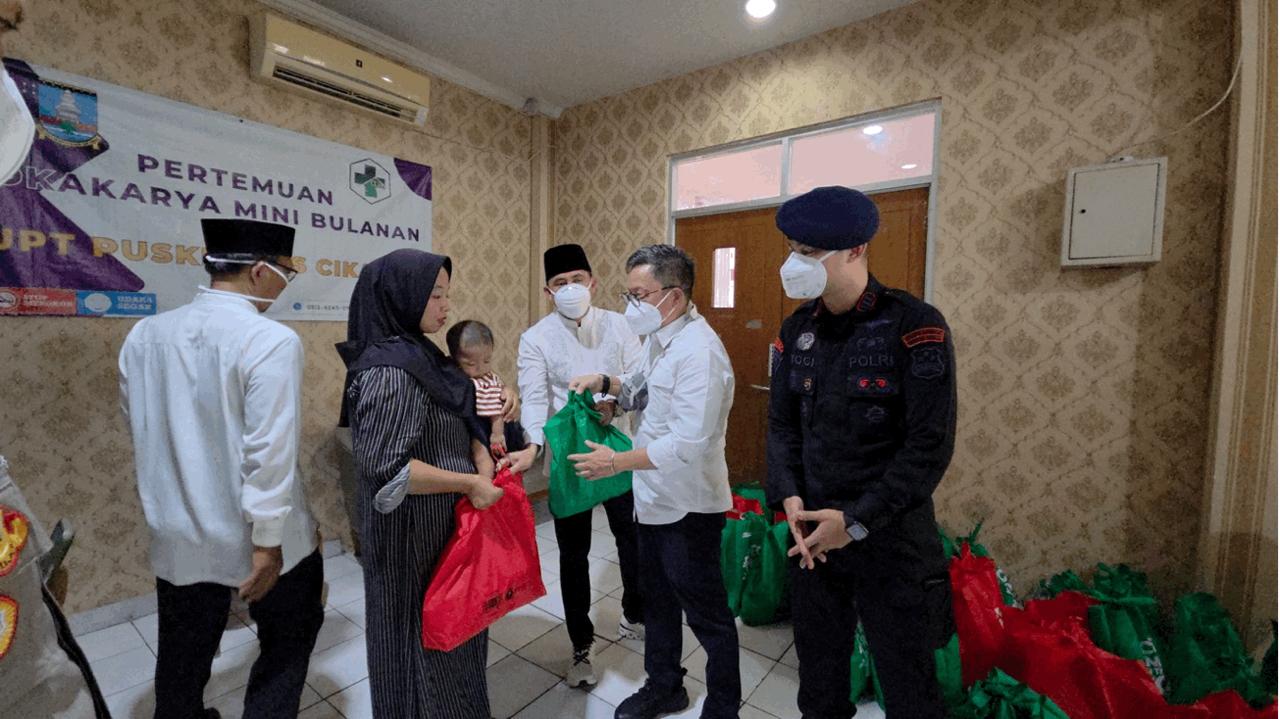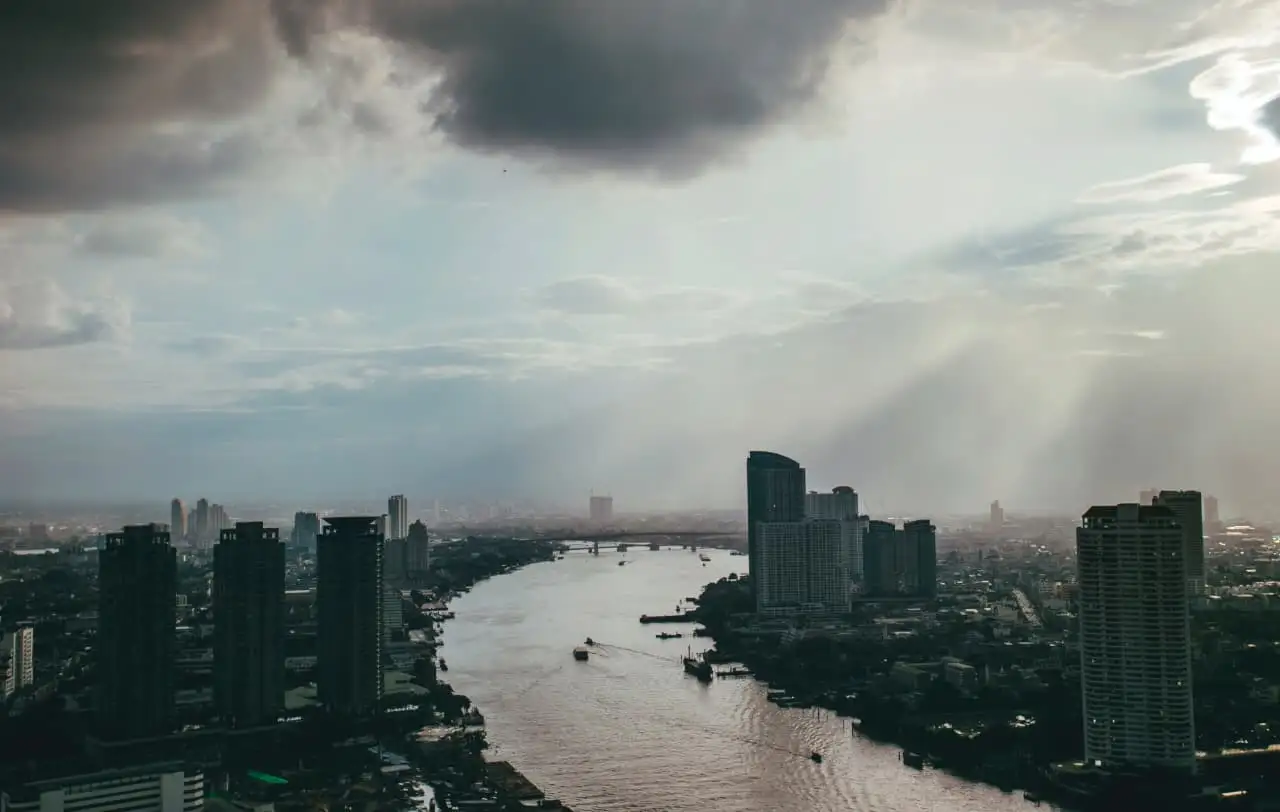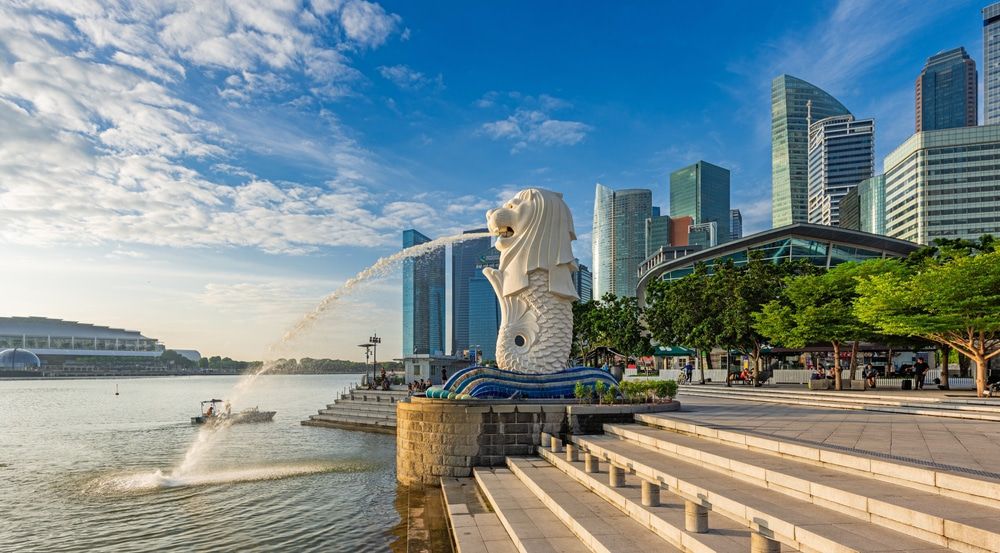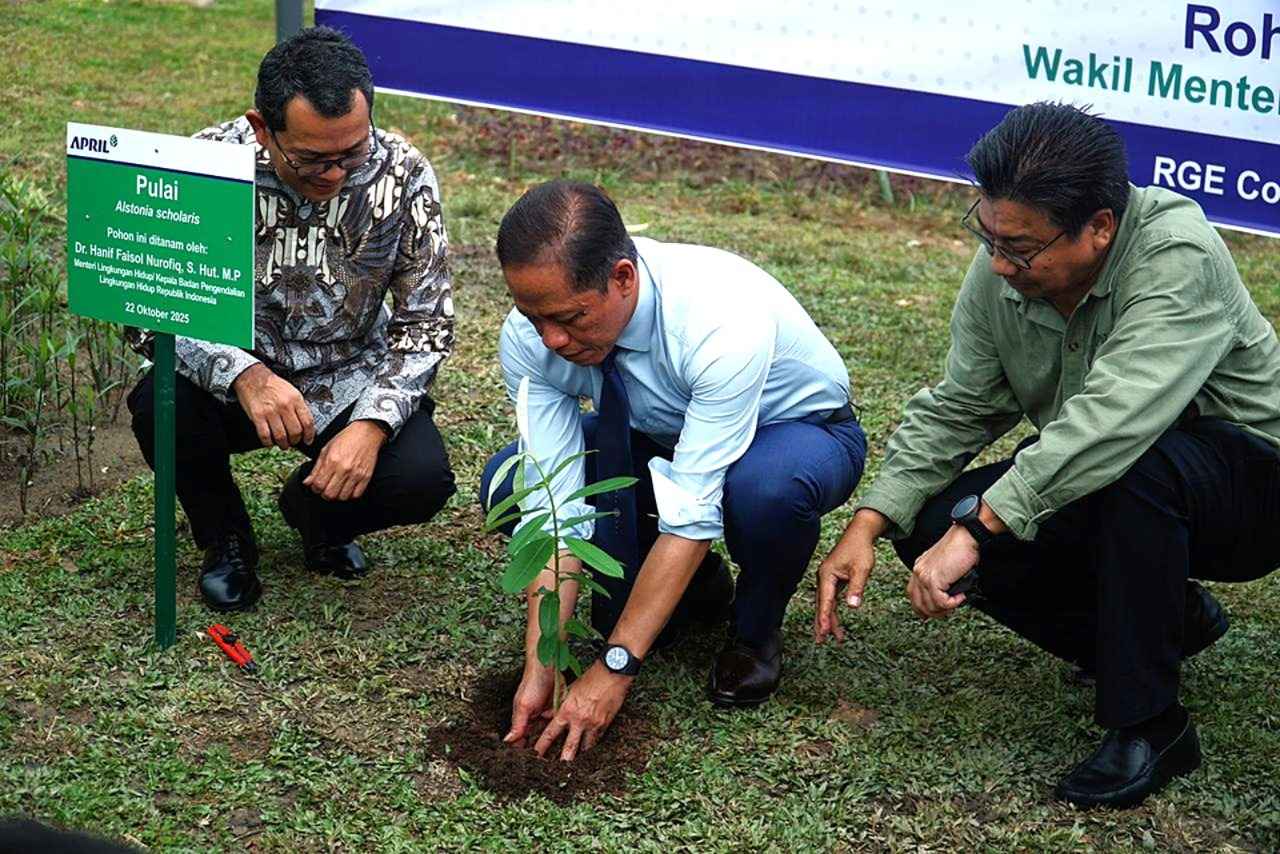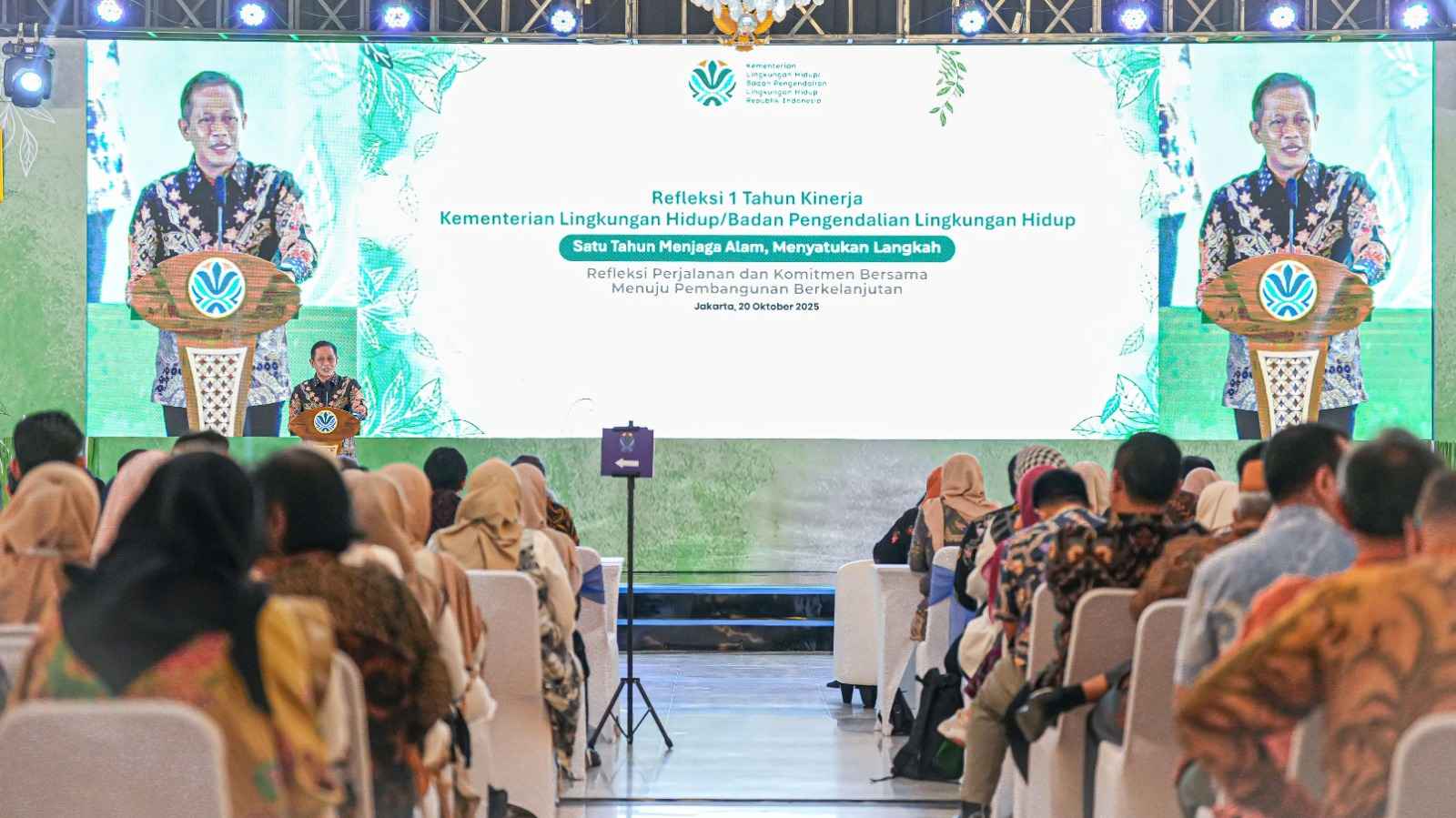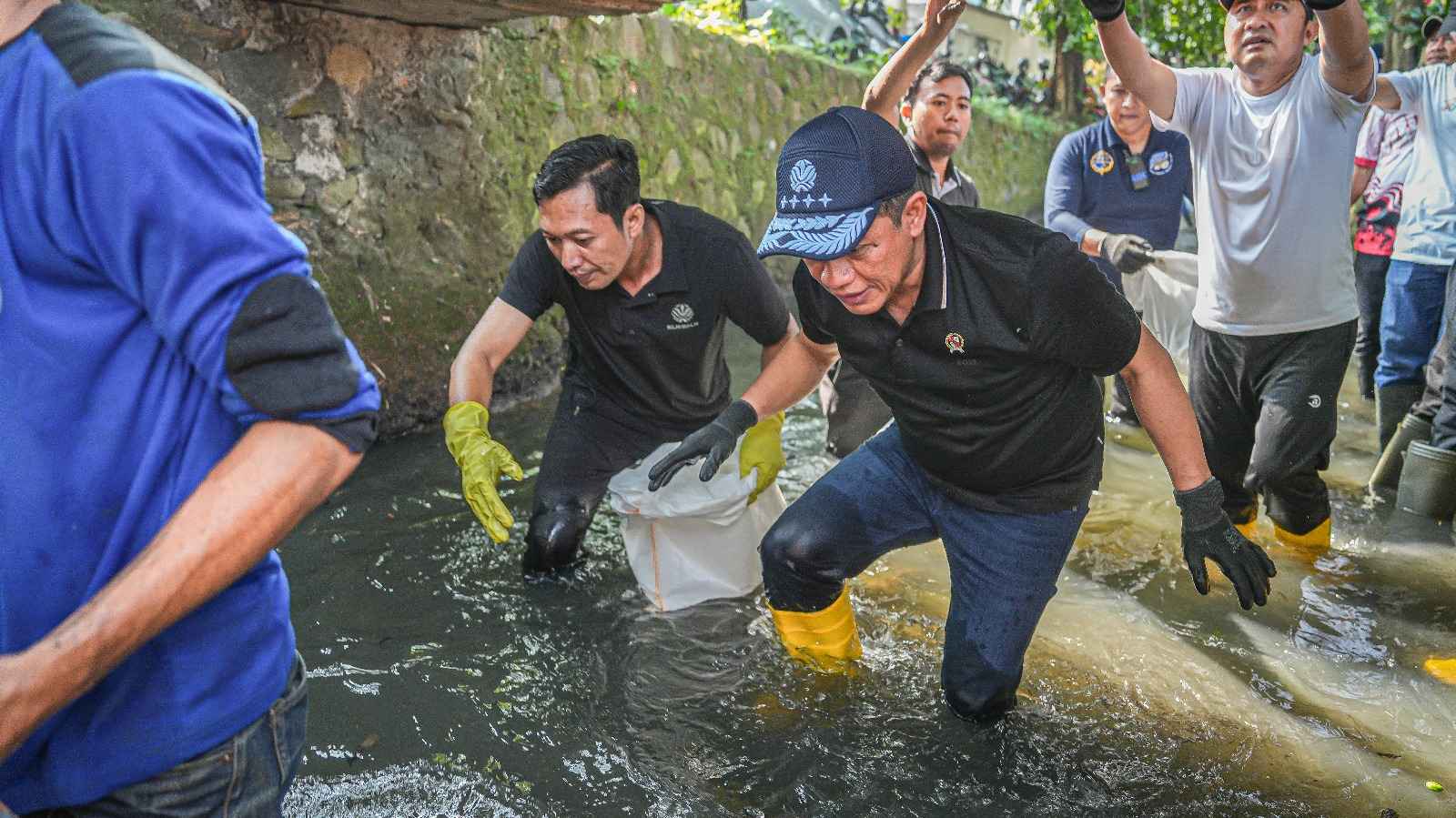Enviro News Aseia, Serang — The Ministry of Environment and the Environmental Control Agency (KLH/BPLH), in coordination with the Serang Regency Government, the Indonesian Army’s Nuclear, Biological, and Chemical Unit (Nubika Zeni TNI-AD), the Gegana Brimob’s Chemical, Biological, Radiological, and Nuclear (KBRN) unit, the National Research and Innovation Agency (BRIN), and the Nuclear Energy Regulatory Agency (Bapeten), have conducted the first phase of temporary relocation for residents in the red zone (F2) of Barengkok Village, Sukatani, Cikande District, Serang Regency.
Deputy for Pollution and Environmental Damage Control at KLH/BPLH and Head of the Mitigation and Contamination Management Division, Rasio Ridho Sani, stated that 19 families totaling 63 people were relocated based on reports from Serang’s Regional Secretary, Zaldi Dhuhana. The second phase of relocation will continue in the red zone (E) of the same village, involving eight families with 28 individuals.
The announcement was made during a press briefing by the Task Force for Handling Cesium-137 Contamination in Cikande, attended by Bara K. Hasibuan from the Communications and Diplomacy Division, BRIN’s Head of Nuclear Research Agency Syaiful Bakhri, Commander of Gegana’s KBRN Unit Kombes Pol Yopie I. Sepang, and TNI-AD Nubika Unit commanders Col. CZI Yudil Hendro and Col. CZI Arief Fadhilla.
Rasio Ridho Sani emphasized that the temporary relocation is crucial to protect the health and safety of residents exposed to high radiation levels while expediting decontamination efforts and minimizing the risk of airborne Cesium-137 particles. He added that all procedures are guided by the precautionary principle to ensure public and worker safety.
Before relocation, residents underwent contamination screening using calibrated radiation detection equipment operated by trained personnel from Bapeten, BRIN, TNI-AD Nubika, and Brimob KBRN units. This process ensured no radioactive materials were carried outside the contaminated zone.
After being declared free from contamination, residents received medical examinations at Cikande Community Health Center (Puskesmas Cikande). Health checks included physical assessments, vital sign monitoring, and radiation exposure screenings, with all results recorded for ongoing medical monitoring.
Serang’s Social Affairs Office Head, Yadi Priyadi, confirmed that all 19 families have been moved to temporary housing near the Sukatani Village Office. The relocation, he said, was conducted collaboratively with national and local agencies.
Rasio Ridho Sani added that the task force continues to coordinate with relevant institutions to control the movement of contaminated materials in and out of the Modern Industrial Estate in Cikande. Radiation Portal Monitoring (RPM) has been operational since 1 October 2025 under the supervision of Brimob’s KBRN Unit and BRIN.
Since activation, 29,700 vehicles have been screened, with 47 detected carrying traces of Cesium-137. All contaminated vehicles underwent decontamination procedures before clearance. As of 17 October 2025, no further radioactive detections have been recorded in vehicles exiting the industrial area.
Decontamination has been completed at 20 of the 22 factories initially affected by Cesium-137, all of which have been declared safe by Bapeten and BRIN. The remaining two factories are expected to complete decontamination by 24 October 2025. Out of 12 contaminated external locations, five have been cleared, and two have received official safety clearance. The total contaminated material transferred to interim storage at PT PMT amounts to 205.2 cubic meters, or approximately 325.7 tons.
“The task force continues to work intensively to mitigate and accelerate the handling of Cesium-137 contamination in Cikande. Our priority remains ensuring public and worker safety, as well as addressing social and economic impacts. We appreciate the community’s cooperation during the relocation process,” said Rasio Ridho Sani. (*)




